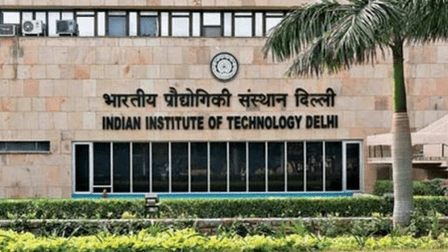New Delhi, Nov 4: India has once again marked its presence in Asian higher education, as seven Indian institutions secured places among the top 100 universities in the QS World University Rankings: Asia 2026, maintaining last year’s tally despite intensifying regional competition.
Leading the Indian charge, the Indian Institute of Technology (IIT) Delhi emerged as the country’s top-ranked institution, rising to 59th place with a score of 78.6, backed by strong employer reputation and high-impact research. The Indian Institute of Science (IISc) Bangalore followed at 64th (76.5), while IIT Madras (70th), IIT Bombay (71st), and IIT Kanpur and IIT Kharagpur (joint 77th) continued to uphold India’s technological and research excellence. The University of Delhi completed the list at 95th, reflecting the growing prominence of comprehensive public universities beyond the IIT network.
Across Asia, the University of Hong Kong claimed the top spot, overtaking Peking University, while National University of Singapore (NUS) and Nanyang Technological University (NTU) jointly secured third place. Other leading institutions included Fudan University, HKUST, and Chinese University of Hong Kong, highlighting the continued dominance of Hong Kong, China, and Singapore.
India’s overall performance saw a major boost, with 137 new entrants taking its total to 294 ranked universities, second only to China’s 395. Impressively, five Indian universities ranked among Asia’s top 10 for research productivity, and 28 made it to the top 50 — more than twice China’s number.
However, challenges persist. Many IITs slipped in global standing due to limited international faculty, foreign students, and infrastructure gaps. QS CEO Jessica Turner praised India’s National Education Policy (NEP) for fostering progress but stressed the need for global collaboration and digital-ready curricula to sustain momentum.
India’s higher education system, she noted, is “no longer catching up — it’s accelerating.”

















